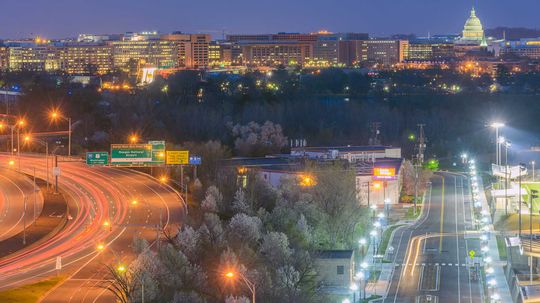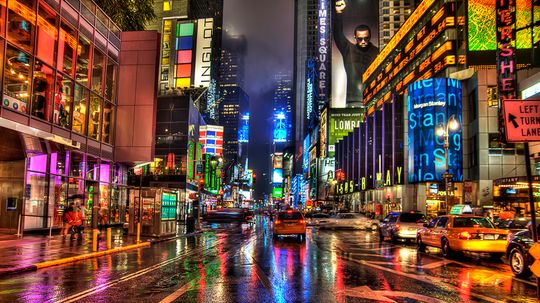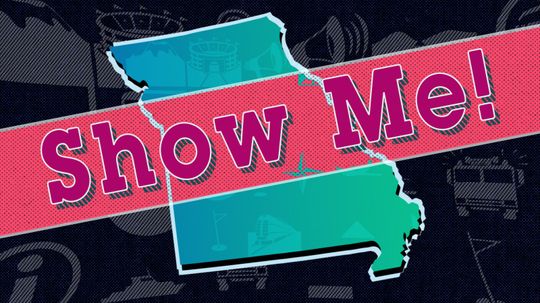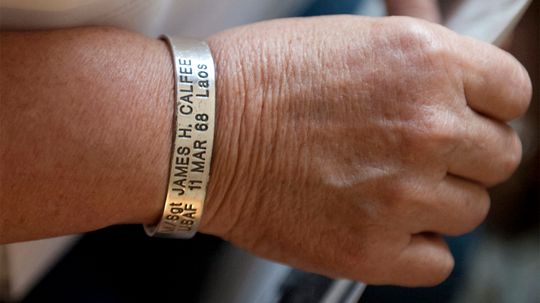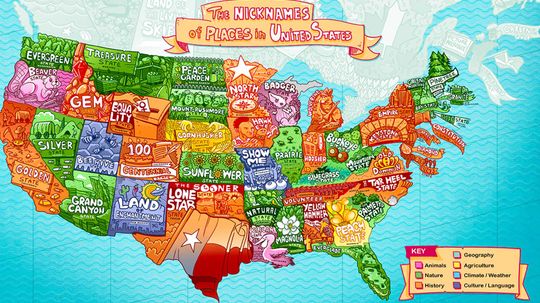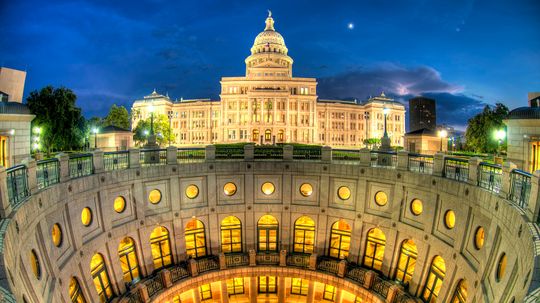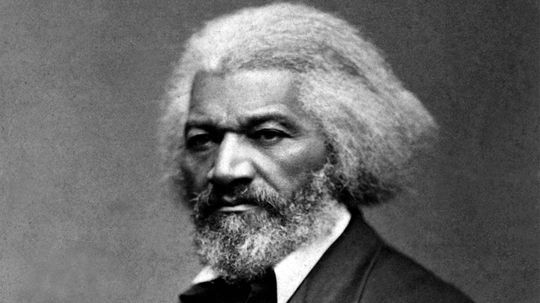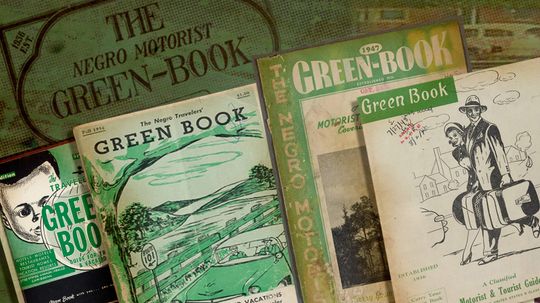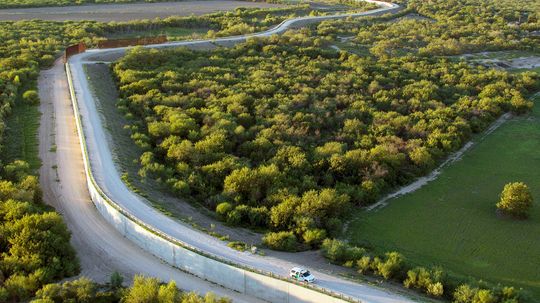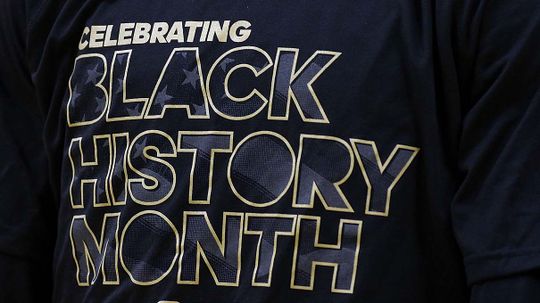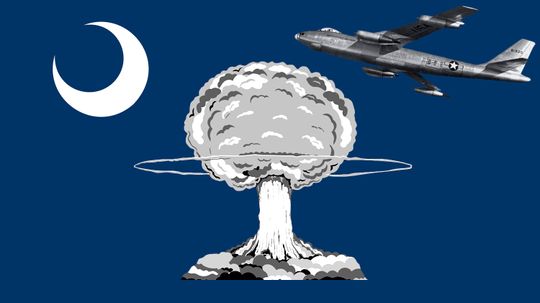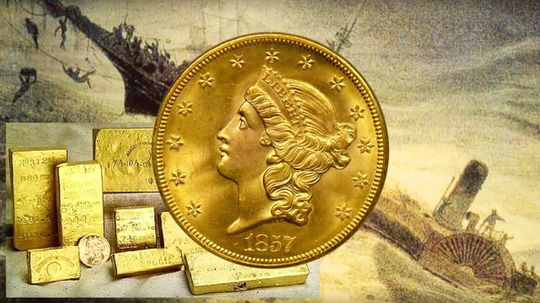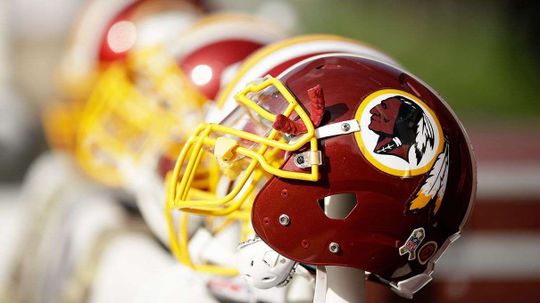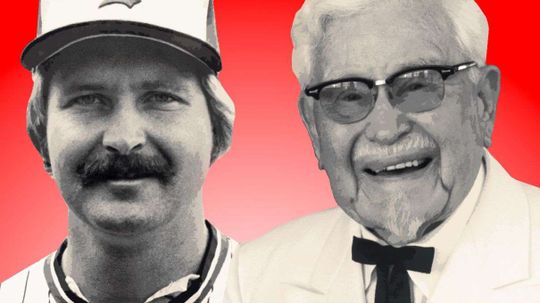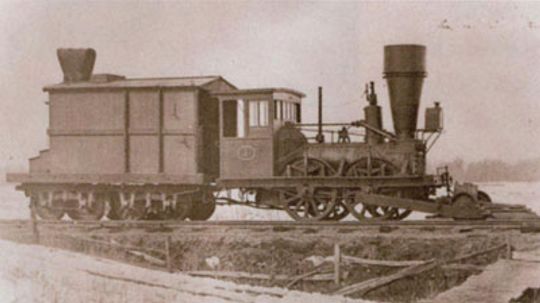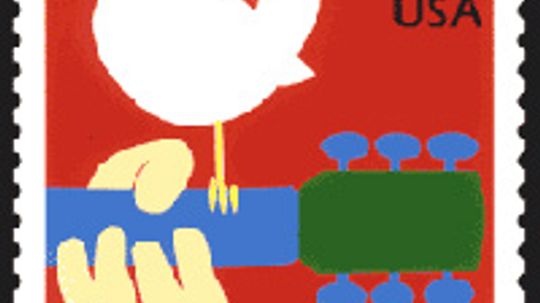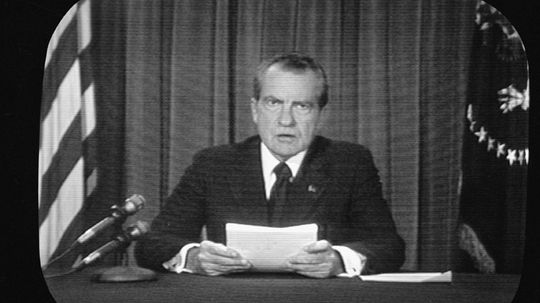1960s to Modern Era in America
The 1960s was a period in American history that was marked with conflict and social revolution. Here you can find information about major events that took place in the 1960s and events in the modern era.
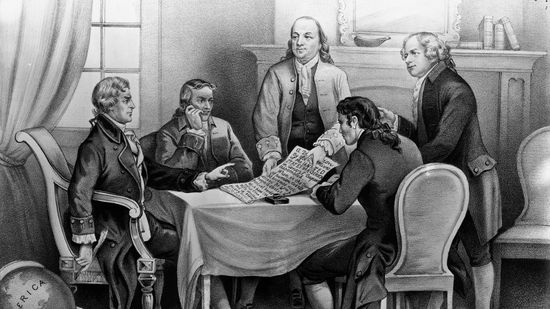
How the Great Compromise Saved a Fledgling United States
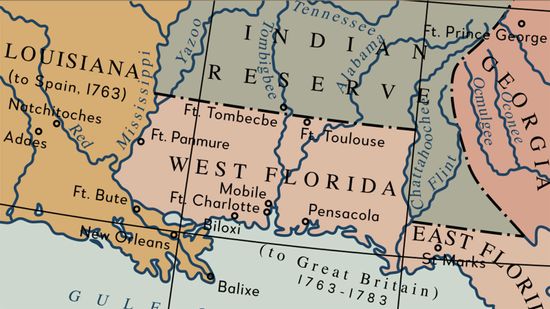
These 6 U.S. States Once Declared Themselves Independent Nations
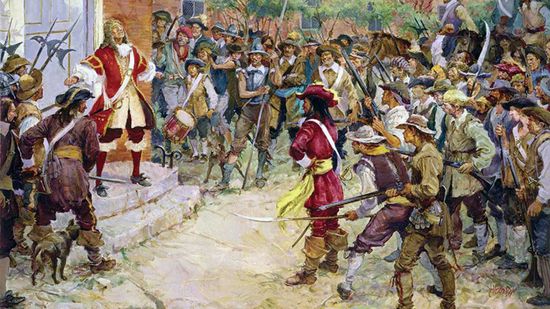
Bacon's Rebellion: America's First Armed Insurrection
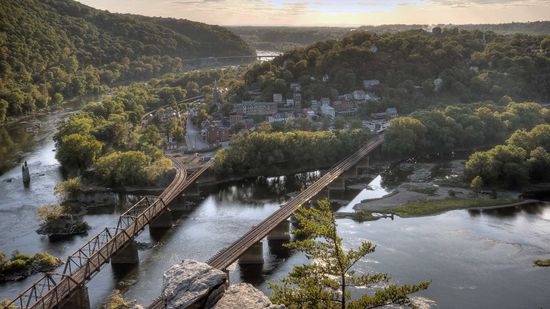
Harpers Ferry Has a Complex and Dizzying History
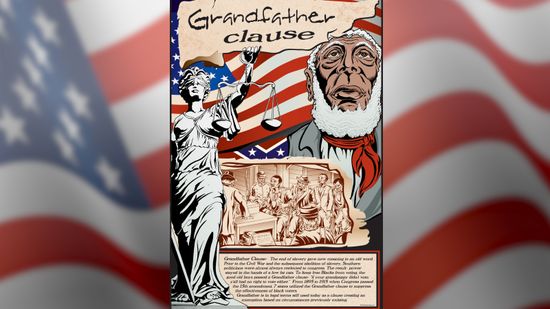
The Racial History of the Term 'Grandfathered In'
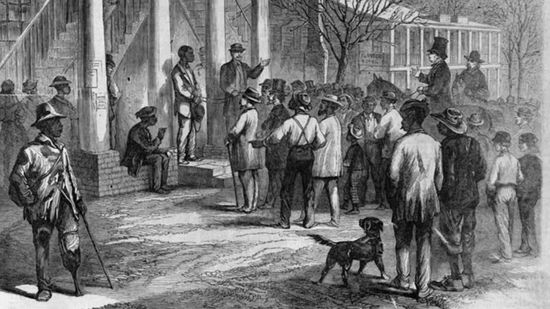
Slavery Under Another Name: What Were the Black Codes?
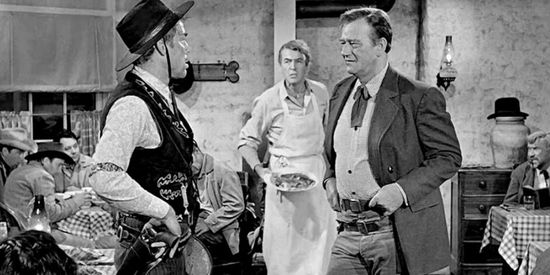
A Roundup of Some of the Wildest Characters in the Wild West
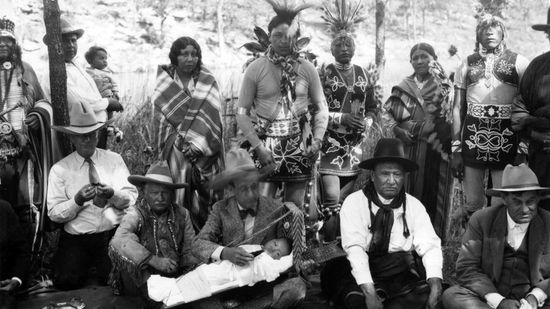
Reign of Terror: The Forgotten Story of the Osage Tribe Murders
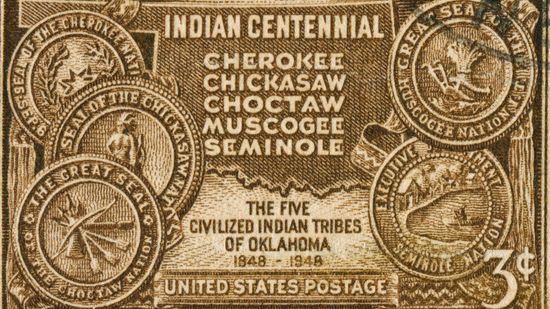
Which Native American Nations Were the 'Five Civilized Tribes'?
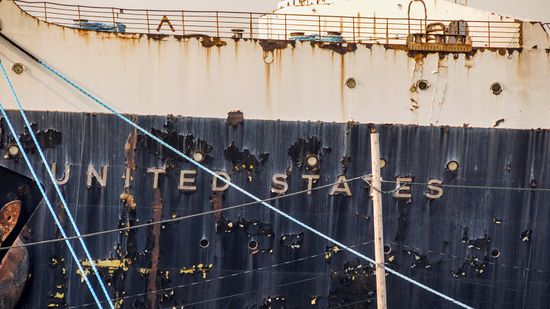
SS United States: Dock in Disrepair or Sink as Reef Fodder?
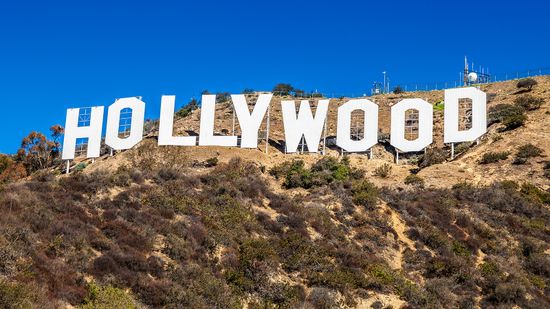
Stardust and Scandal: The Hollywood Sign Turns 100
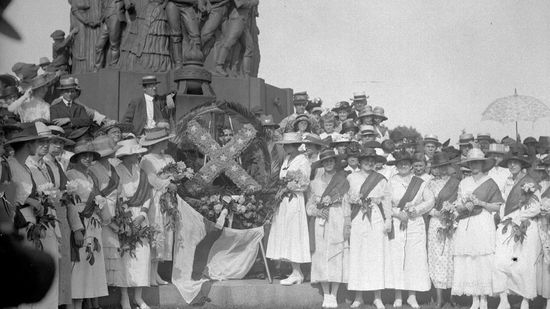
5 Events in Black History You Never Learned in School
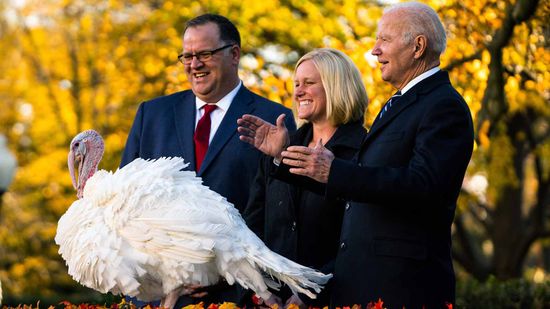
Why in the World Do U.S. Presidents Pardon Turkeys?
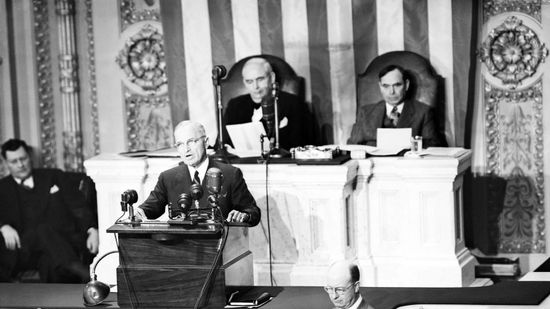
The Truman Doctrine Transformed U.S. Foreign Policy Forever

Ridiculous History: H-Bombs in Space Caused Light Shows, and People Partied

How the Harlem Renaissance Sparked a New African American Identity

5 Causes of the Great Depression: Could It Happen Again?
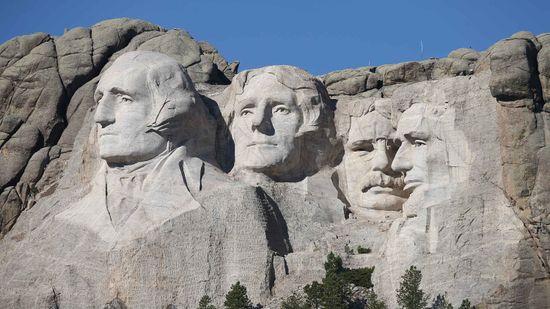
What's Inside Mount Rushmore's Not-So-Secret Chamber?
Learn More / Page 2
The residents of the U.S. capital pay taxes, serve in the armed forces and contribute to America's economic strength but have no voting representation in Congress. Many Democrats want to change that.
Why not the Big Kumquat or the Big Banana? New York's fruity moniker actually had its beginnings in the sports pages and jazz clubs of the 1920s.
Lots of U.S. states have nicknames, but Missouri's flinty moniker arguably is one of the best.
Advertisement
Back in the early 1970s, two college coeds had the idea to create bracelets for sale to the public as a means of keeping imprisoned U.S. soldiers alive in the hearts and minds of the public. This is the story.
It's hard to sum up something as big as a state in just a few words, but that doesn't stop them from trying! What does it mean to be from the 'Show-Me' state or to be a Sooner? Find out how vast your state nickname knowledge is with our quiz!
By Alia Hoyt
The saying is really true. Texas is big. And so is everything in it.
Frederick Douglass' pivotal 19th century abolitionist newspaper has been relaunched for a 21st century audience.
By Carrie Tatro
Advertisement
Before the 1964 Civil Rights Act and even after it, the tradition of the "great American road trip" was very different for families of color.
By Dave Roos
The roughly 2,000-mile boundary between the countries has been around only since the mid-1800s. But today it's a political line in the sand - literally and figuratively.
By John Donovan
Does February have special historical significance in African-American history?
By Carrie Tatro
Has a nuclear bomb ever been dropped on the United States? Well, it happened back in the 1950s. But... it was an accident.
Advertisement
Treasure hunter Tommy Thompson claims he can't remember where he put 3 tons of gold from the shipwreck of the S.S. Central America. The courts don't believe him.
Ethnic brand identities and mascots affect people with different political leanings in surprising ways, at times increasing associations with Native American stereotypes.
In 1985, the Hanshin Tigers won the Japanese World Series. In the ensuing celebration, though, a statue of Colonel Sanders was drowned, and the team hasn't won since.
By Bryan Young
By the 1960s the lonesome whistle of the steam railroads was a thing of the past. The decline of railroads came about during the 1960s and 1970s as the automobile dominated transportation.
Advertisement
Railroads of the 1990s explains the history of American railroads through the 1990s. Technological advancements have shaped the railroads of this decade. Learn about the history of railroads of the 1990s.
Famous locomotives, such as the John Bull locomotive, have helped shape the history of American railroads. These trains are well-known to many railroad historians. Learn more about some famous locomotives.
On the day Ronald Reagan was inaugurated as President, January 20, 1981. the Iranian government released the American hostages, the culmination of months of negotiations.
Iranian Hostage Crisis, a diplomatic conflict caused by the holding in captivity of United States embassy personnel by Iranian militants from November 4, 1979, to January 20, 1981.
Advertisement
SALT, in international diplomacy, the common name for negotiations and treaties between the United States and the Soviet Union intended to limit strategic nuclear weapon strength of each nation.
The Presidential election of 1960 was held in an atmosphere of strained international relations and increasing racial tension in the United States.
With the end of the Cold War, the United States concentrated its attention on the economy.
On August 15, 16 and 17, 1969, just a month after the famous moon landing of Apollo 11, nearly 500,000 people attended the Woodstock music festival.
Advertisement
Five men were arrested at an office suite in the Watergate complex. Learn how the Watergate break-in eventually led to the impeachment and resignation of President Nixon.
